Trigger Warning: Self destructive thoughts, splitting black, invalidation, relationship argument
[Note: This post was published in 2021.] In this post, I go over what BPD splitting is and show real life examples of splitting. I also touch on distorted thoughts a person with BPD might have during an episode. As always, please note that my experience with BPD does not reflect all people with BPD. Each of us is different and unique. However, I hope this post sheds some light on the condition if you have a loved one with BPD.
If you’re new here, my name is Sarah Rose and I am in remission from borderline personality disorder. BPD Beautiful is where I initially documented my treatment and therapy, starting in late 2019. Since then, we’ve grown to be much more than a personal blog. Our mission today is to help spread BPD awareness and provide helpful, authentic resources.
Looking to better understand BPD? Sadie’s Favorite: A Novel + Original Soundtrack explores BPD, trauma bonds, FP relationships and healing after emotional abuse. Click to learn more.
BPD Splitting: Introduction
“What’s, for the most part, made you consistently happy and hasn’t disappointed you?” My therapist had asked during our session.
I looked to the side, up and forward in thought, “hmming” as my eyes gazed where the wall hit the ceiling.
I blinked. “Nick,” I said affirmatively with a smile. (My son)
“Ok! What else?”
My eyes wandered around the room as I thought back to the little things that made me feel fulfilled throughout the day. “Working from home. Blogging. Music. That’s always stayed apart of me. I love writing songs. Pilates…My dogs. I love my dogs.”
“Alright, great! And what about [former favorite person, referred to as FP in this post]?” Ellen asked, smiling. “I mean, I know you guys fight sometimes, but does he make you happy overall?”
(Read ‘A Guide to Favorite Person Relationships‘)
“Yes.” I nodded without hesitation, feeling guilty for not thinking to mention him. “He’s supportive. He knows me better than anyone.”
My voice felt monotone and disingenuous. Which made me feel worse. The words didn’t reflect how I truly felt. They didn’t scream, I absolutely adore that man.

As a BetterHelp affiliate, we receive compensation from BetterHelp if you purchase products or services through the links provided.
What is BPD Splitting?
I remember I’d been feeling numb over our relationship in the days leading up to that session. I guessed that was why my voice felt flat. It’s hard to convey emotions your brain has shut off. This numbness happens sometimes.
I think I do this because BPD makes it extremely hard to balance between idealizing someone (or thing) and devaluing them. Switching between those two extremes is called splitting. Splitting is a symptom of borderline personality disorder.
(Read ‘What Happens During a BPD Episode’)
Early that year in the beginning of treatment, I made it a goal to stop placing my favorite person on an untouchable pedestal. Because he was so quickly knocked off. I found that, for me at least, stopping the idealizing split when it starts is A LOT easier than stopping the devaluing split.
I digress.
I suppose since I’m not naturally wired to be in the middle of those two extremes and I’ve been doing my best to stay in the middle regardless—it’s hard to not go numb when I’m not splitting.
I’m thinking this numbness is a defense mechanism of some kind but I’m not sure.
How Long Does BPD Splitting Last?
Depending on the trigger – a BPD splitting episode can last for a couple of minutes, a couple of hours, a day or multiple days. More often than not, splitting is short lived and will rapidly oscillate between idealization and devaluation. In some instances, however – splitting can last for longer periods of time. To determine how long a BPD splitting episode could last, take note of the trigger and the person with BPD’s level of awareness and phase of treatment.
A routine changing or severe BPD trigger – like a breakup or fallout with a group of friends, can result in a longer splitting episode than a smaller, but still hurtful, trigger (such as being left on read, getting negative feedback at work, etc).
If your loved one with BPD is actively treating their condition, they will likely be much better equipped to notice and regulate their splitting thoughts – to the point where you may not notice they even still have them.
What Does a BPD Split Look Like?
BPD splitting looks different for everyone, but as an outsider – you’ll likely notice the person with BPD talking in extremes or absolutes when they’re splitting. Some examples could include: “Nothing ever works,” “You don’t love me, why don’t you just leave?” “I’m always doing things wrong,” “We never do anything special,” “I’ve always loved living here,” “You’ll never make me (un)happy.”
In other words, when a person with BPD is splitting they’re typically thinking in all or nothing terms.
You may also notice a rapid mood swing. When they’re idealizing, people with BPD may act euphoric or childlike. Their intense happiness will likely show on their face or in their eyes. When they’re devaluing – they may appear bitter, sullen or bleak. Their eyes may even turn dark or appear “soulless.”
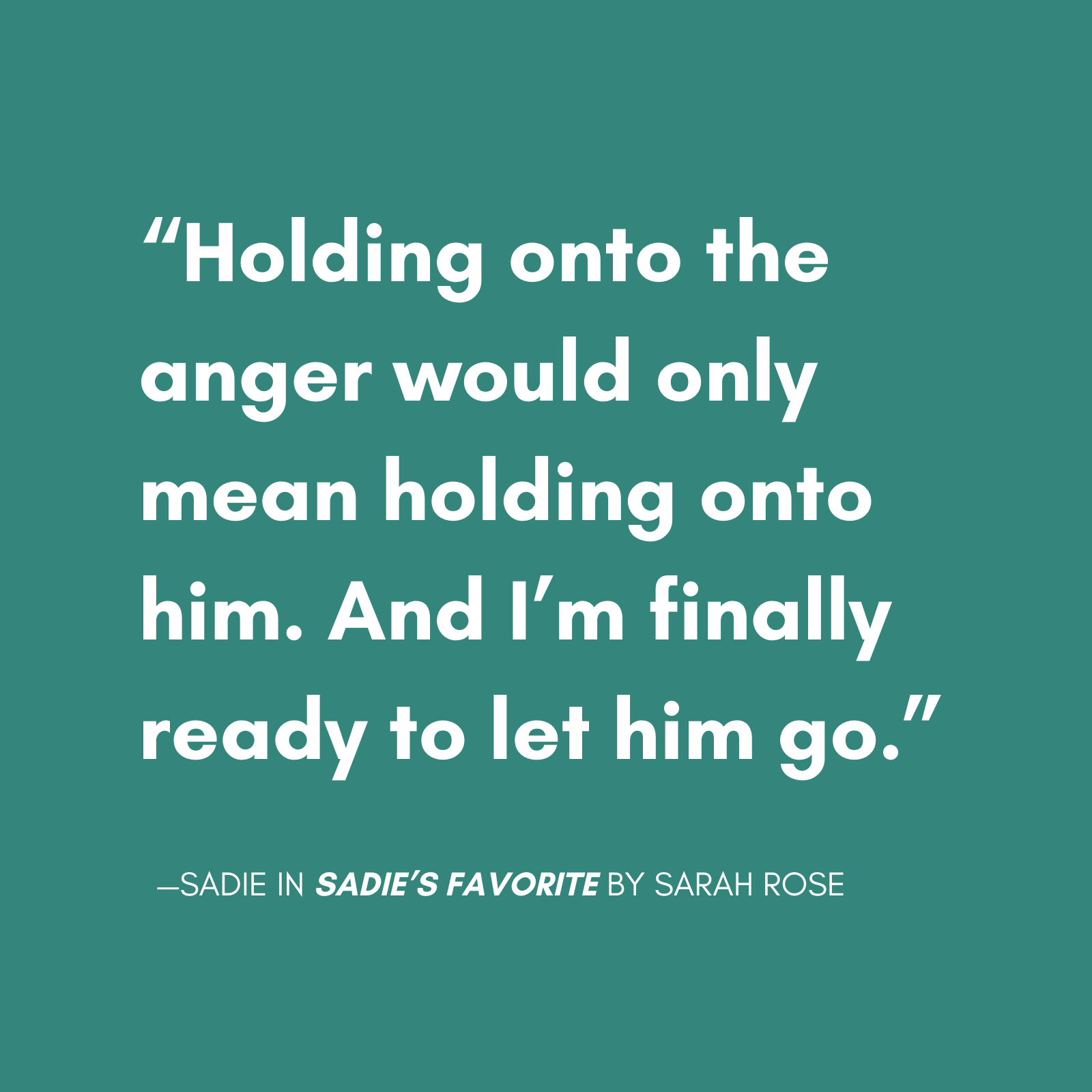
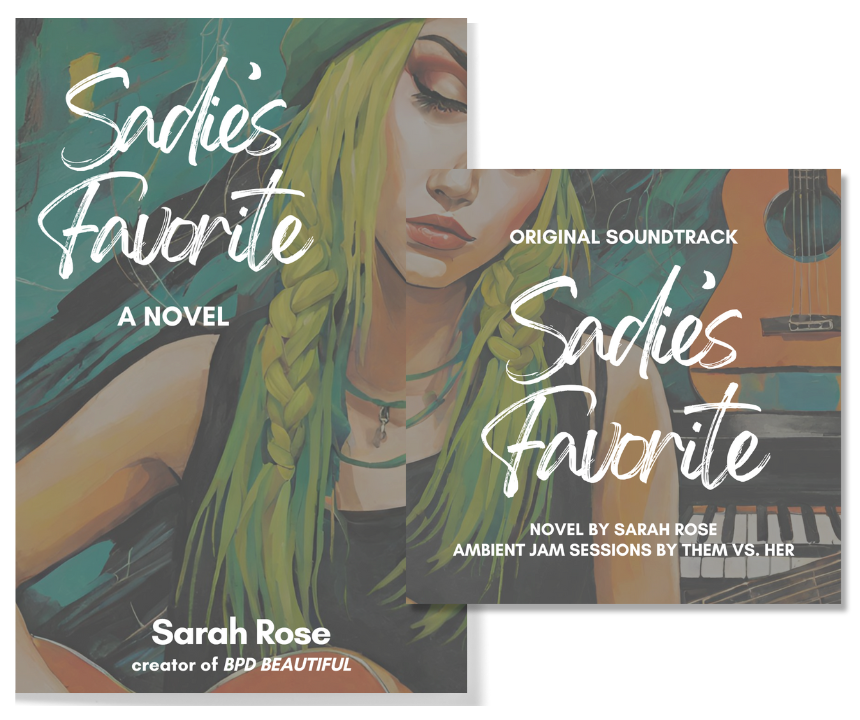
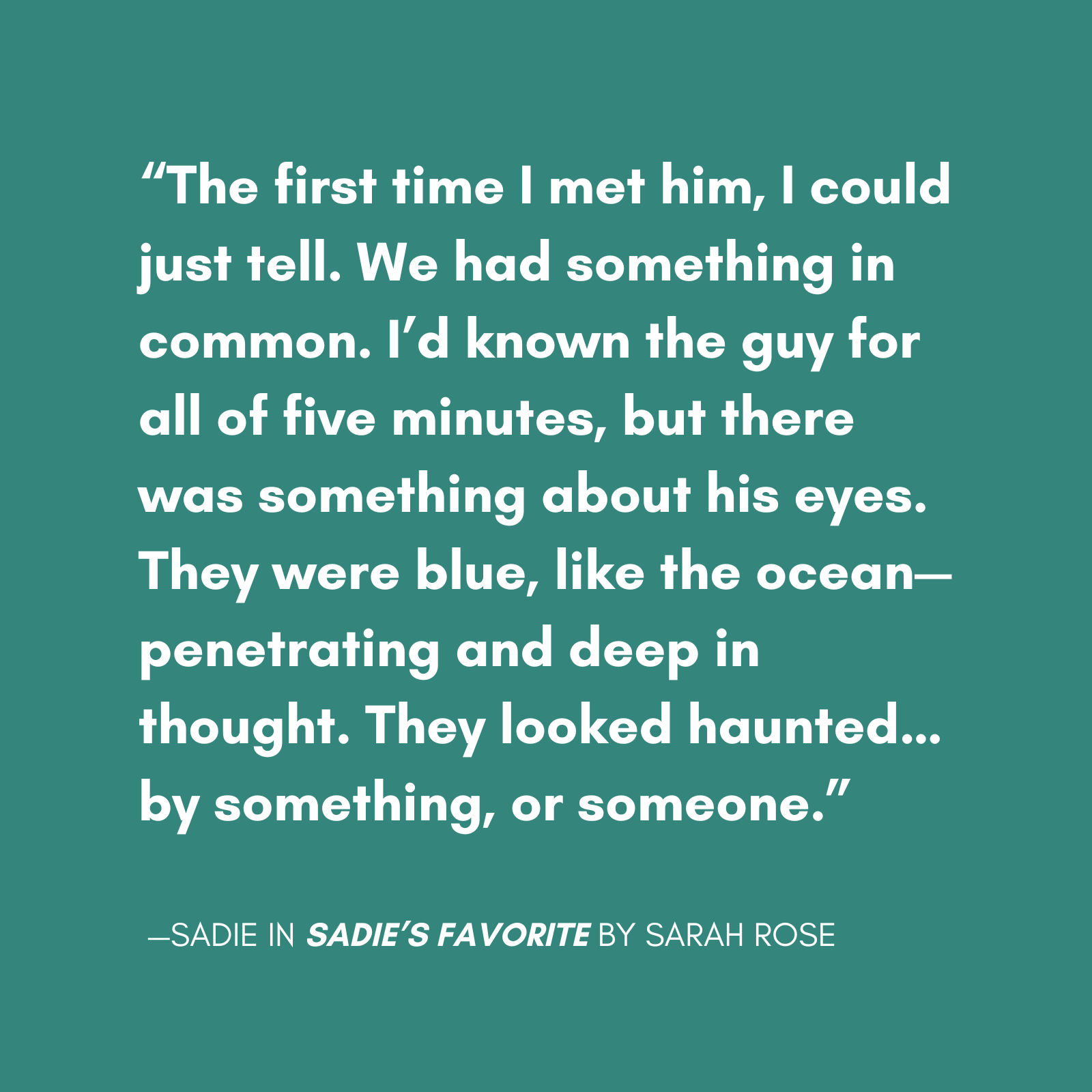
Sadie’s Favorite: A Novel + Original Soundtrack is a character-driven story about BPD recovery, trauma bonds and breaking away from abuse.
Do Borderlines Fall Out of Love Easily?
It may appear a person with BPD can fall out of love easily (especially when they’re splitting), but typically emotions felt during splitting episodes are short lived. Oftentimes, after a splitting or BPD episode, a person with BPD will fall into a shame cycle and regret their actions. They may apologize profusely, beg or if they’re not treated / skilled in healthy communication – they may neglect to apologize but go out of their way to show their love and make amends through grand gestures.
While people with BPD may lash out during episodes – they are capable of feeling emotional empathy when not having an episode. In fact, while their cognitive empathy (the ability to understand another’s emotions) is often stunted – their emotional empathy (the ability to feel another’s emotions) is typically very intense. This is in stark contrast to a person with NPD – who is capable of cognitive empathy but lacks emotional empathy.
(Read ‘35 Signs You’re in a BPD and NPD Relationship‘)
(Read ‘The BPD and Narcissist Couple: What It Looks Like‘)
People living with BPD are also capable of feeling love for others (although it may be a more selfish love because of their ingrained fear of abandonment, rather than a healthy love that encourages individualism…this is especially true if they’re untreated). If you’re in a BPD relationship, it’s very likely your pwBPD loves you a great deal even if they don’t show it while splitting or in the midst of a BPD episode. However, BPD is never an excuse to abuse others so if you’re dealing with abuse of any kind and your pwBPD is refusing treatment – you should consider whether staying in the relationship is worth the cost to your mental health.
Why Do Borderlines Start Fights?
People with BPD may start fights because of their fear of abandonment. When their fear is triggered, they may “test” your love for them by pushing you away, pushing your boundaries or becoming passive aggressive in order to get a reaction. This usually has the opposite effect of what they’re trying to accomplish. It’s part of self-sabotage, which is a common occurrence when you have borderline personality disorder – especially if they’re untreated.
Looking to better understand BPD? Sadie’s Favorite: A Novel + Original Soundtrack explores BPD, trauma bonds, FP relationships and healing after emotional abuse. Click to learn more.
3 1/2 hours after therapy…
BPD Splitting: Devaluing Split
Thoughts Recorded Approx. 30 Minutes After Triggering Event:
I didn’t name him first. Or even second. I didn’t even name him. What does that mean? Does he not make me happy? Would I be better off without him?
Cons of Being With Favorite Person “FP”:
- More triggers
- He hates talking about feelings
- He doesn’t understand BPD
- He doesn’t even care to learn
- He’s got no empathy
- He doesn’t know how to validate someone’s feelings
- Because he himself has no feelings
- He has no drive & will only hold me back
I’m better off alone. If I was alone, I’d never be triggered. I would just work all the time and get so much shit done. I’d go wherever I wanted and wouldn’t need to compromise with someone else all the time. And I wouldn’t be mocked for having irrational thoughts.
Mental Replay of Triggering Event, 30 minutes before:
My eyes shot open as my heart thudded hard against my chest. I lifted myself up from my FP’s arm and saw the time on the Echo. 7:11.
I’d dozed off while we were watching a show. I was so tired. FP had already turned off what we were watching and opened one of his games on his PlayStation.
(Read ’71 Jobs for People with BPD’)
No. I wasn’t ready to stop hanging out. He told me 8:30. Was it so bad that I’d fallen asleep? Why did he need to play the game earlier just because of that? Why couldn’t he just hang out with me as planned?
“Heyyy. You said 8:30. I wanna hang out more, love.” Please spend a little more time with me. I’m sad I fell asleep and I feel like I’m about to be abandoned even though I know that’s irrational. I feel pathetic for feeling this way.
(During this, I remembered a time I woke up in a panic changing my mind about going with my dad and brother to a movie. I was 9. I woke up and hurriedly said I wanted to go. But they had already went and come back. I slept through it all. That’s my first memory of having this fear of sleeping through something important.)
FP seemed irritated, with a dead stare and subtle frown as he adjusted himself farther away from me on the bed. He widened his eyes quickly in exhaustion as he sighed heavily. “You fell asleep.”
“I was tired. It was an accident. That didn’t mean I wanted to stop hanging out!” Please be kind. I know you’re tired. He gets irritable easily when he’s tired.
As he exited the game, he said, “I told you to wake up before. You didn’t listen, you kept laying down.”
“I just wanna hang out with you.” Please, I can feel an episode coming on but I’m too intimidated to say this out loud.
Another tired sigh. “We have three more days to hang out!”
I hate when he says things like that. It feels so demeaning. Like he only hangs out with me because I force him to. “Yeah, but why can’t we hang out more tonight like we planned to? You’re ending early to play your game. You always rather play your game.”
(The use of ‘always’ or ‘never’ is a subtle sign that a person with BPD is splitting or beginning to split.)
His eyes narrow. “You ended it early when you fell asleep.”
I noticed the console’s home screen was up on the TV, ready for us to put the show back on. I should have just dropped it. Instead I said, “Why is it so wrong that I dozed off for 5 minutes? I didn’t mean to!”
He scoffed. “Why do you have to act like a child? You’re an adult! Act like one!”
My mouth dropped, my eyes watered, my voice was more shaky than I intended. “You…are mean.”
I got up from the bed, grabbed my keys and stormed out. As I hurriedly walked to my car from the front door, my head swarmed with thoughts and my body felt defeated. It’s just like mom always said. You’re worthless! Don’t come back. He doesn’t care about you. Yeah, he doesn’t care.
I could feel the anger in my fingertips as I gripped my keys just before putting them in the ignition. I could feel the hurt behind my eyes, at the top of my throat and in my stomach as I looked over my shoulder, backing out of the driveway.
Speed up the road. I angrily shifted to drive and jammed my foot into the gas pedal until a realization hit me: I was more angry with myself then I was at FP and I hated feeling like this, so out of control. And I didn’t want to accidentally kill someone. I eased up on the gas as I came to a bend in the road.
Crash into that garbage can! No. Too messy. Crash into the telephone pole! What? Make a scene to make him pay! Maybe then he’ll care.
As the road straightened out, I sighed feeling immediately drained by my irrational thoughts and out of control emotions. I began getting frustrated with my brain.
How would that help, exactly, Sarah? That would make this worse! Accelerate! Faster.
“Shut the FUCK UP!” I yelled to myself, my words climbing up several decibels with each word. Sometimes my head was just too. damn. loud. I tightened my grip on the wheel and focused on the road noting the pedestrian walking along the side.
Let’s just drive.
(Thinking of my BPD as a separate, emotionally younger version of myself helps me notice the difference between my BPD thoughts and my own, more reasonable thoughts. Noticing the difference makes it easier to challenge the BPD and come back down from an episode. It also helps me remember that BPD does not define me.)
A Closer Look at BPD
Sadie’s Favorite: A Novel + Original Soundtrack explores BPD recovery, favorite person relationships and healing from trauma bonds.
BPD Splitting: The Aftermath
I drove for 15 minutes then parked my car in a parking lot. I stayed there for about an hour as I wrote down the above. At the time FP originally planned to play online (8:30), he texted me that he moved everything to the living room so I could use the TV in our room (if I wanted). Most importantly, he apologized for his part of the fight.
That’s when I went home.
Four years ago, I would have raged on him the moment I stepped in the door despite his apology. I would have caused a big enough scene that he’d feel forced to get off the game early. Then, we’d fight for hours. It’d end at 2AM with me in tears—begging for his love and communication, and him—angry and quiet, for losing sleep.
(Read ’12 Key Differences Between Toxic & Healthy Relationships’)
But that night—I quietly went into our room and did what I wanted to do since that morning (work on BPD Beautiful, of course). By then the distorted thoughts had stopped (writing them down in the moment really helps) and I was no longer in an emotional mindset.
Towards the end of the night, FP walked in as I typed away on my computer. He asked from the door if I was still upset with him.
“No,” I said softly, slowly spinning my desk chair half way around to face him. “I’m sorry for overreacting.”
FP came closer and wrapped his arms around me.
“I’ve been so tired this week from work but I wanted to spend time with you tonight.” I leaned my chin on his arm. “I was upset with myself for falling asleep. Falling asleep and missing out on something…scares me. It’s scared me since I was a kid. I still shouldn’t have overreacted.”
“Well, I could have been kinder and more patient.” He said, stroking my hair. “I’m sorry again.”
I looked up at him. “You think we could do something this weekend?”
He smiled, nodding.
In the past, I’d let myself start idealizing FP immediately after making up. Everything would feel “perfect” again and how could I ever doubt him? Communicating or making up almost always had that affect on me.
Nowadays, when we communicate through an argument—I feel more secure, but not over the moon. I feel safe, but aware that there will be times FP will let me down or won’t say what I want to hear him say. I feel loved, but not invincible.
I don’t know what “normal” feels like, or if such a thing even exists, but I do know that I can do this recovery thing. One day, one fight and one distorted thought at a time.
(Read ‘How I Overcome Regressions in BPD Recovery’)
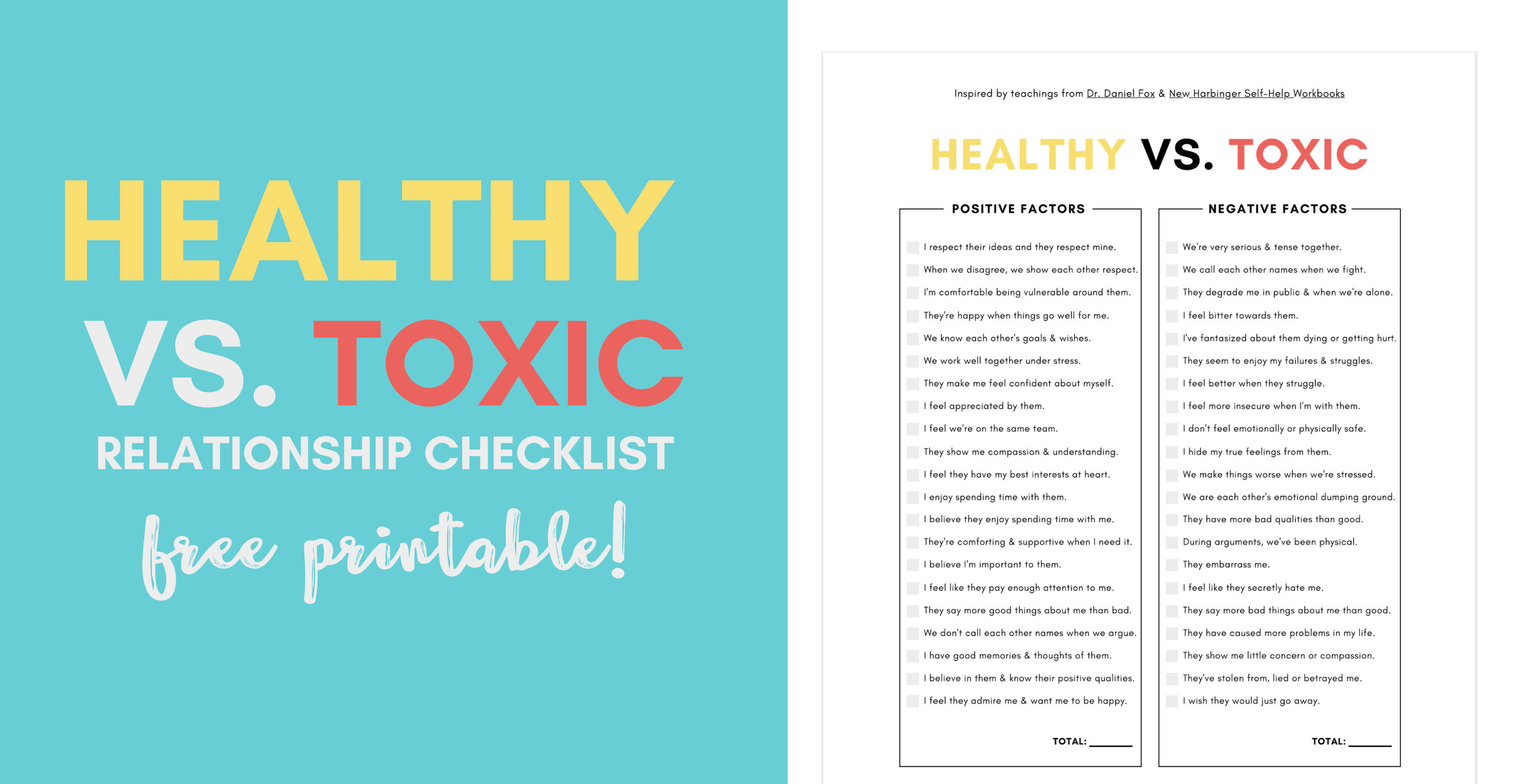
DOWNLOAD FREE PRINTABLE
Measure how healthy or unhealthy your BPD relationship is with the Healthy vs. Unhealthy Relationship Checklist.
BPD Resources
BPD in Fiction: Sadie’s Favorite is a Novel + Original Soundtrack, that touches on BPD, favorite person (FP) relationships, healing after abuse, parenting and more. Written by Sarah Rose, creator of BPD Beautiful. Soundtrack performed by Them vs. Her.
BPD Coaching: Tackle your recovery goals and get support by booking a session with Sarah Rose.
Get 20% off your first month of BetterHelp. Get matched with a licensed therapist within 48 hours. Subscriptions as low as $65/week, billed every 4 weeks. Cancel anytime.
Manage your BPD symptoms with a printable workbook.
See our recommended list of books about BPD.
Start a Discussion
If you have a similar experience with BPD splitting, please let me know in the comments. I’d love to hear your thoughts or story! We’re in this together.
Pin This Post
Liked this post? Please help support BPD Beautiful and spread BPD awareness by pinning it on Pinterest.
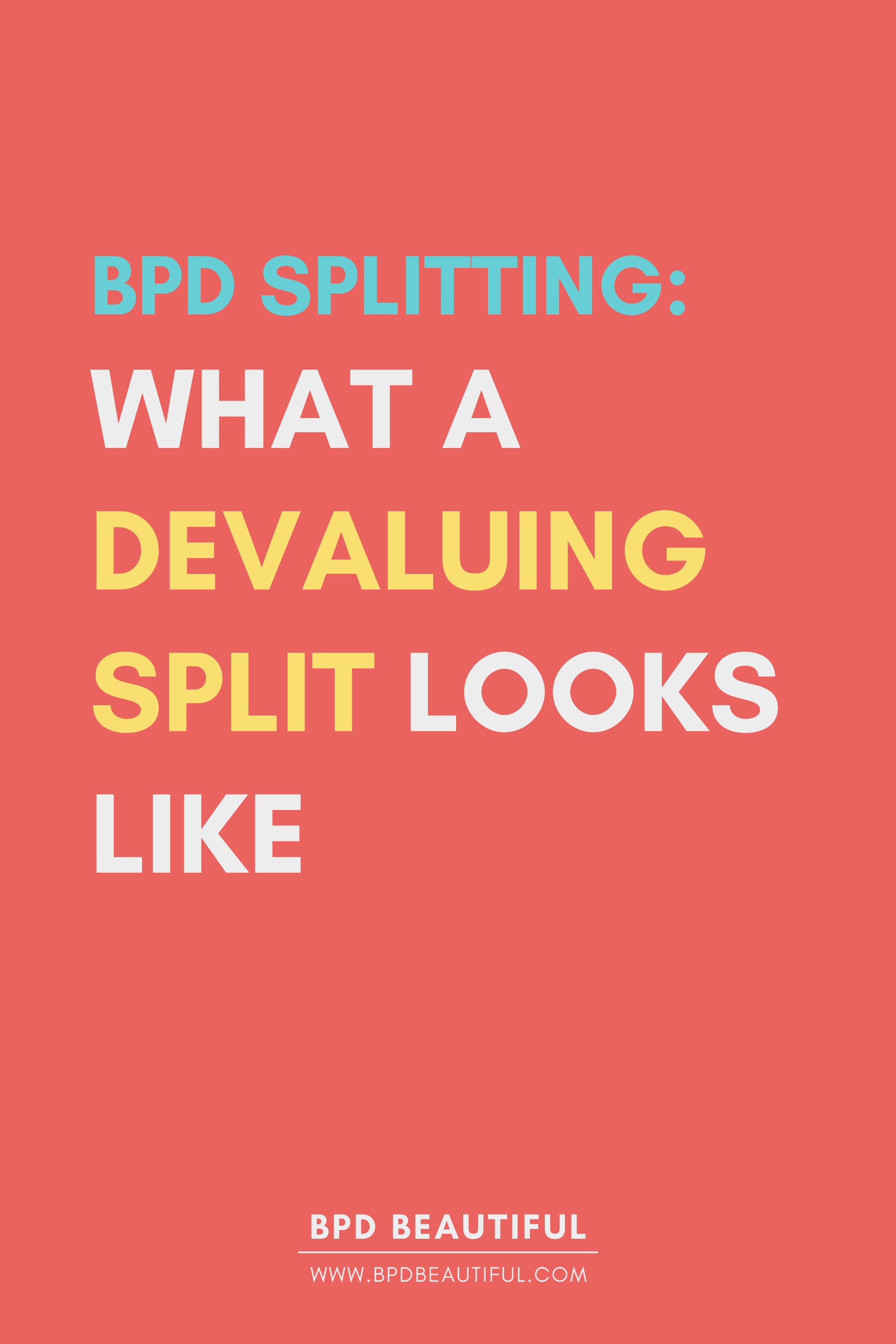



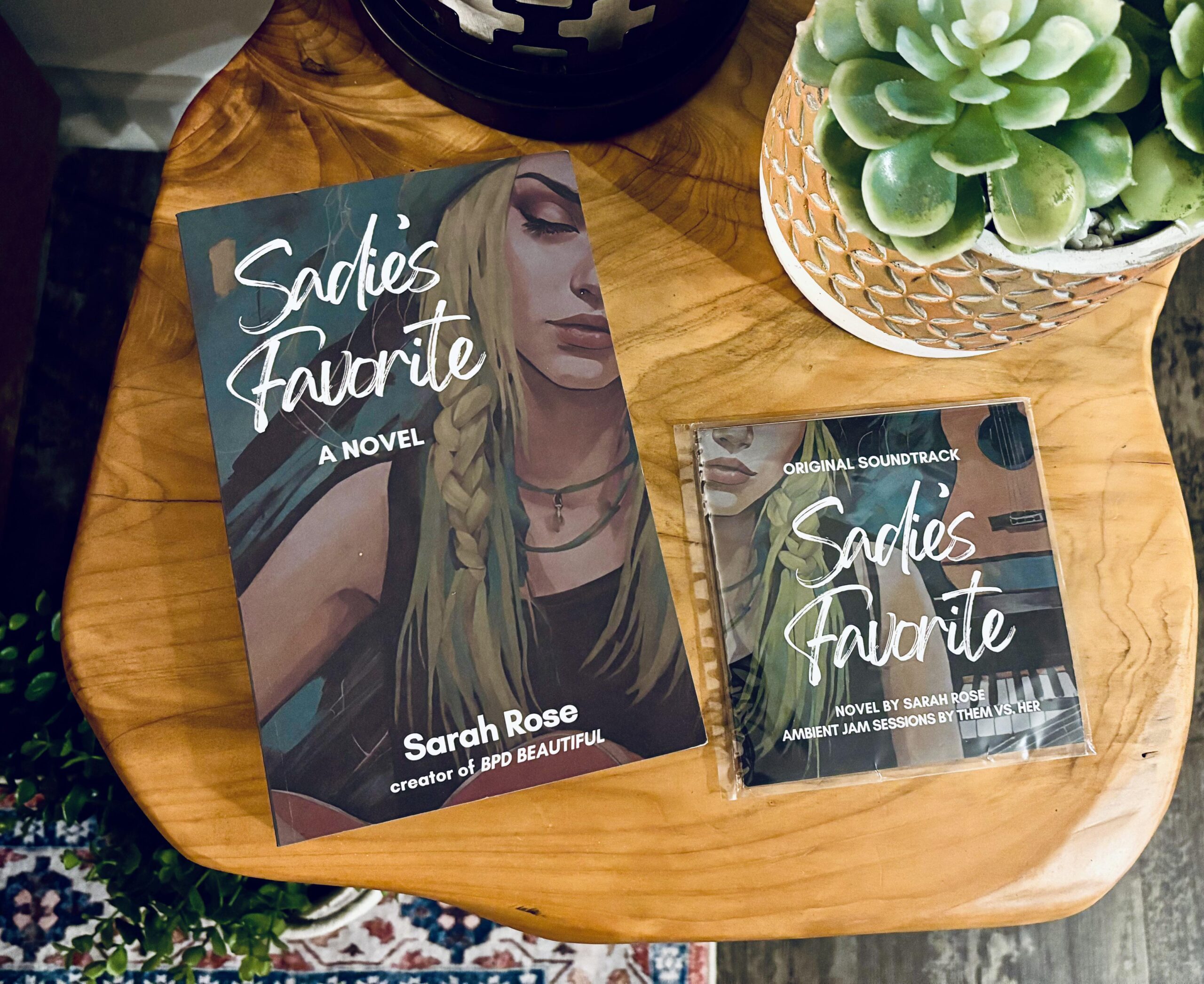



Comments
One response to “BPD Splitting: What A Devaluing Split Looks Like for Borderline Personality Disorder”
I am a boarder line woman who’s splitting destroyed an innocent person… I know I should feel something but all I have is contempt for this person I used to praise and thank came into my life in every way. I’ve never hurt a person like this before I don’t feel anything god what is wrong with me… I know I have a soul but why can’t I feel emotions like normal people do! Why do I make everyone who loves me into my abusive parents and friends… I don’t want to be an evil person who ruins lives and just takes takes takes and if anyone doesn’t go along with it tries to punish, I want to be a person of substance and value not a leach… the problem is we just don’t feel emotions correctly and confuse things with past triggers because of our trauma. Most of us avoid it all costs, I myself have been in therapy and make mental health problems my whole life and talk about them with strangers to cover how low functioning I am and never have to face my real trauma which was sexual in nature from a close family member, I never face it or let anyone in really we live in fear of little things our friends or people might find out and not like us… it’s a sad way to live I had a severe eating disorder andr stuff led for years before I met my ex, he gave me confidants strength and so many laughs and made me feel safe, I left him with a note and never looked at him again ever after living together through scary times and only having each other for so long… I used his past to say I felt threatened and when he wouldn’t stop whining I threatened him with a restraining order … he never responded but a month later saved pictures to shared album so I got one anyway… just to never have to hear it… we really don’t care how we hurt or use people.. I know I don’t speak to all boarder line people but around half of us are also diagnosed NPD and the majority of us will never be diagnosed or refuse the one we get and just find counsel from people who tell us what we want to hear to feel ok for living a life of lies and emotional abuse… it’s all we know.. like I said it’s not a great way to live so don’t pity us or waste effort hating us, we create our own hell and live it everyday